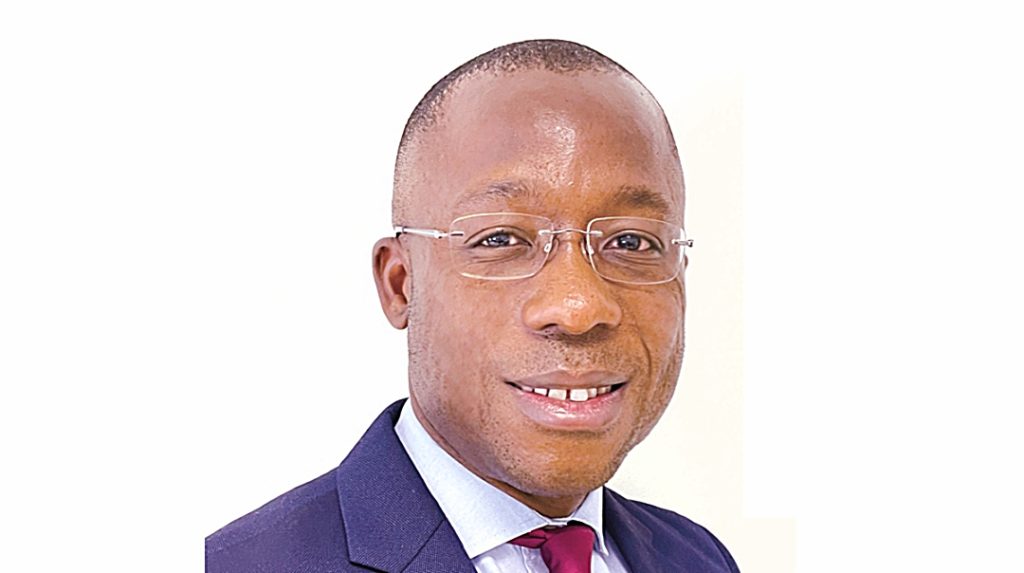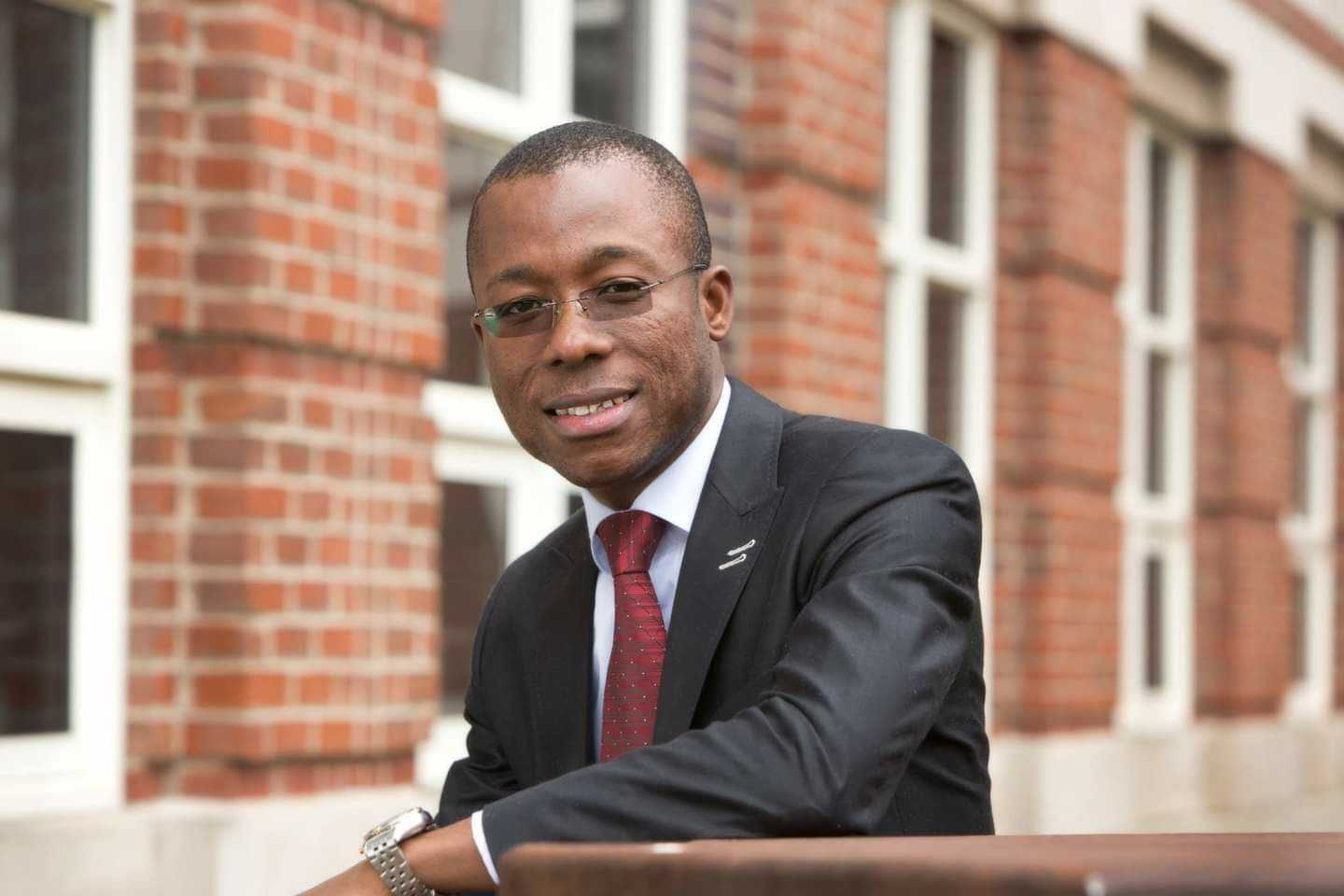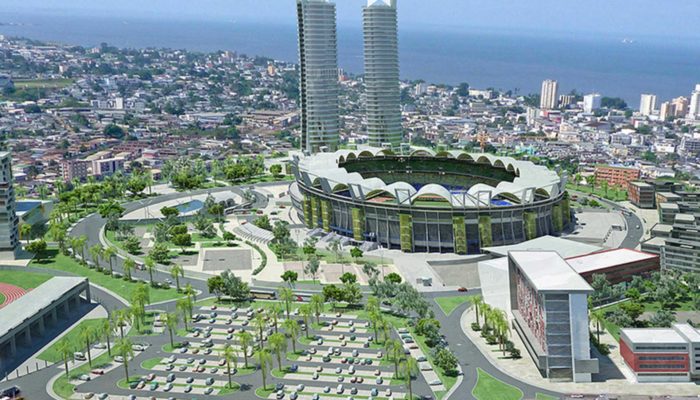The Resident Representative of the International Monetary Fund (IMF), Gomez Agou, spoke on Monday, June 10, on issues relating to the Report of the IMF’s Article IV consultation with Gabon. Faced with misunderstandings and sometimes erroneous interpretations of the data in this report, currently published in English, he provided clarification on points such as Gabon’s debt and the unemployment rate in the country. It proposes solutions to the transitional authorities to face the challenges, especially since the economic and social outlook could be destabilized.
In the tumult of the latest news relating to Gabon’s very high debt rates, the Resident Representative of the International Monetary Fund (IMF), Gomez Agou, hosted a press conference in Libreville on Monday. Objective: to clarify the gray areas on the conclusions of the Report of the Article IV consultation with Gabon. All of which allowed him to diagnose developments in the country, identify priorities and indicate the measures or advice to be implemented by the new authorities to improve economic and social development.

On May 24, the IMF Executive Board completed its 2024 Article IV consultations with Gabon. Several points were noted and present the country’s economic outlook which sometimes contrasts with the optimistic data from the department in charge of the Economy and Participations and even from the country’s new authorities.
For the diagnosis, Gomez Agou states that “ over the last decades, Gabon has experienced very little progress in economic and social matters ”. He notes that the “ new authorities have inherited an extremely difficult social and economic situation ”. As an illustration, the representative of the institution in Gabon indicates that in 1990, if an average Gabonese earned 100,000 CFA francs, today he earns 80,000 CFA francs. “ You take an average inhabitant in other sub-Saharan African countries who earned 100,000 FCFA in 1990, he earns 130,000 FCFA today ,” he demonstrated before adding: “ if you take an inhabitant in the countries who are at the same income level as Gabon, because Gabon is a middle-income country, if it earned 100,000 FCFA in 1990, today it earns 285,000 FCFA .”
For him therefore “ there has been a decline in the income level of the population in Gabon ”. A decline in the level of income which is unfortunately accompanied by an increase in unemployment. On this point, according to figures shared by the government with the IMF, it is around 36% and even higher among young people. Or around 40%. All this breeds poverty in the country. Gomez Agou underlines in this sense that one in 3 Gabonese people today is considered poor. “ It is this legacy that the authorities of the Transition, since August 30, 2023, have inherited from past management ,” declared the Resident Representative of the International Monetary Fund.
he situation has in fact deteriorated due to a lack of transparency, poor management of mining and oil resources for decades and “ very rapid indebtedness ”. This did not allow the significant progress expected for a country with such wealth.
From this point on, the situation requires tackling priorities. Gomez Agou then recommends returning to transparency, reviewing the country’s debt level and diversifying the economy.
The IMF therefore encourages the Transition authorities who have already taken actions towards transparency. He cites the sharing, with the IMF, of budgetary data and debt data which had not been made available before the period of August 30, 2023. For him, “ these budgetary and debt data which have not been submitted to the IMF before August 30 made it possible to have a more exhaustive picture of the country’s debt situation .
He also points out that from the outset, the authorities initiated the process of unifying Treasury accounts in order to integrate it into the Single Treasury Account. But much remains to be done. Hence the encouragement in the direction of transparency, while inviting the authorities to publish all oil and mining contracts, to audit the oil sector and to examine the management of all public companies in the country .
On the country’s debt situation, he revealed, ” given that the authorities voluntarily made available to us all the data concerning the budget execution of 2022 and 2023, this allowed us to make an exhaustive statement of the country’s entire public debt . Recalling that it is the set of financial commitments of a State, on the basis of “ real data shared by the authorities ”, it stands at 70.5% of the Gross Domestic Product, in 2023.
“ These are figures for management in 2022 and 2023 ,” said the resident representative. According to the IMF, the debt accelerated over this period before August 30 because, it explains, “ there was an electoral context ”.
“ This debt amounting to 70.5% of GDP is above the community level of Cemac – Economic and Monetary Community of Central Africa –” and the priority, suggests Gomez Agou, is to bring it back to levels which are reasonable.






